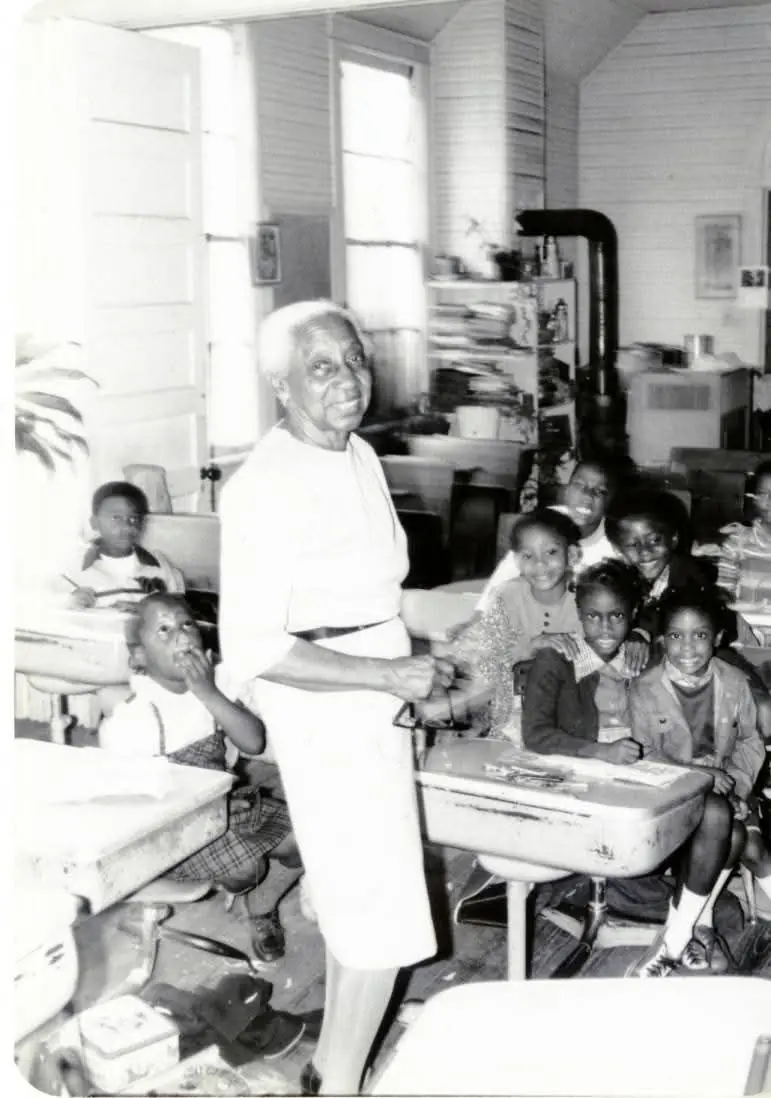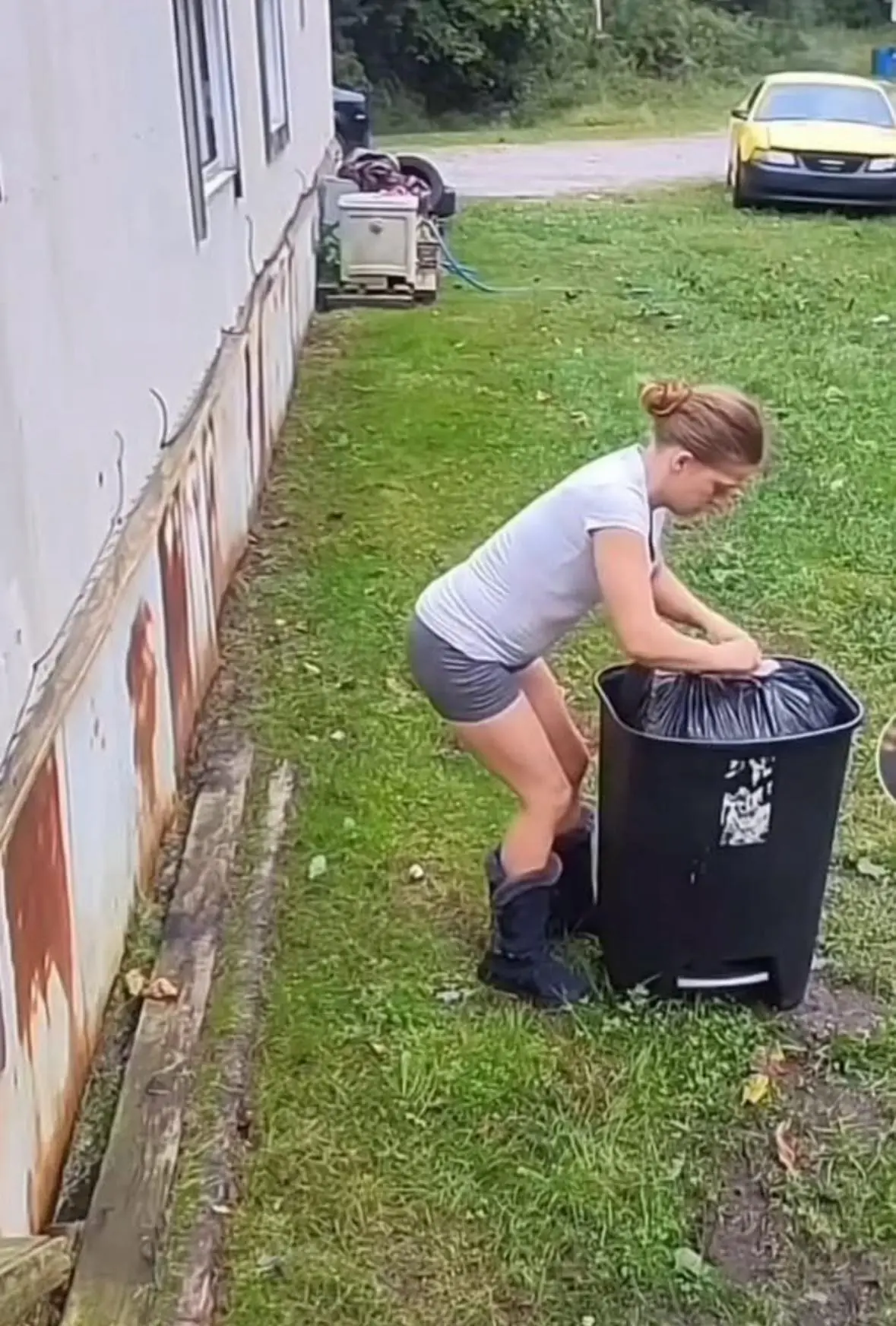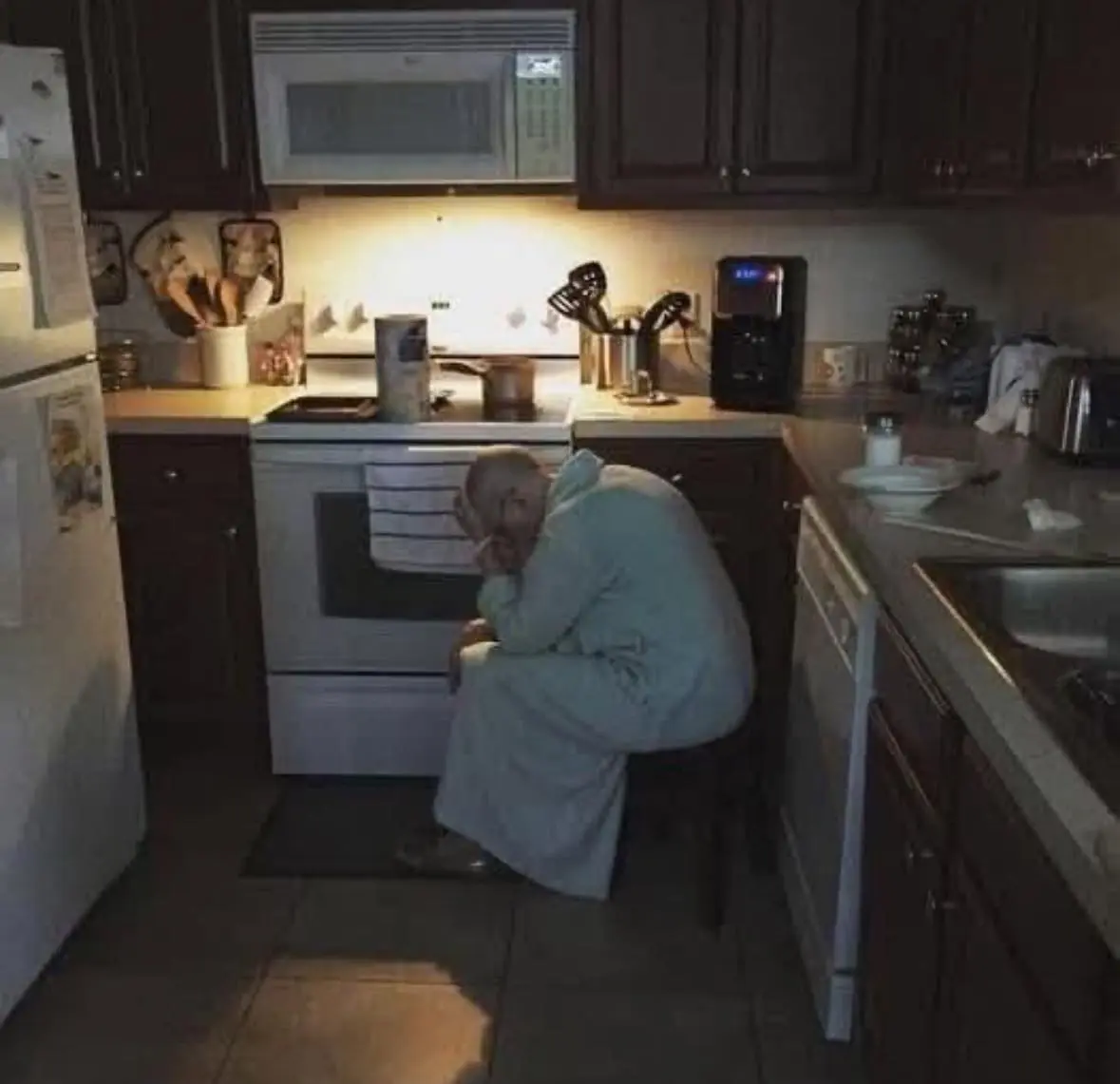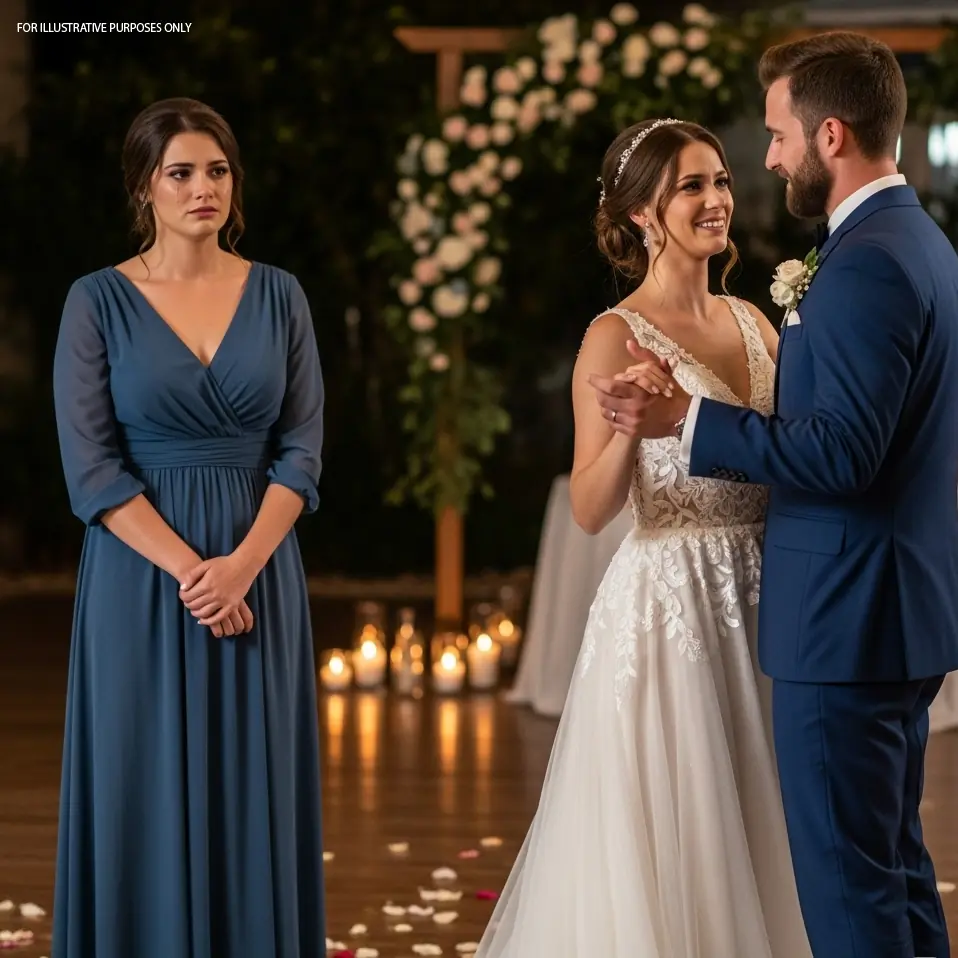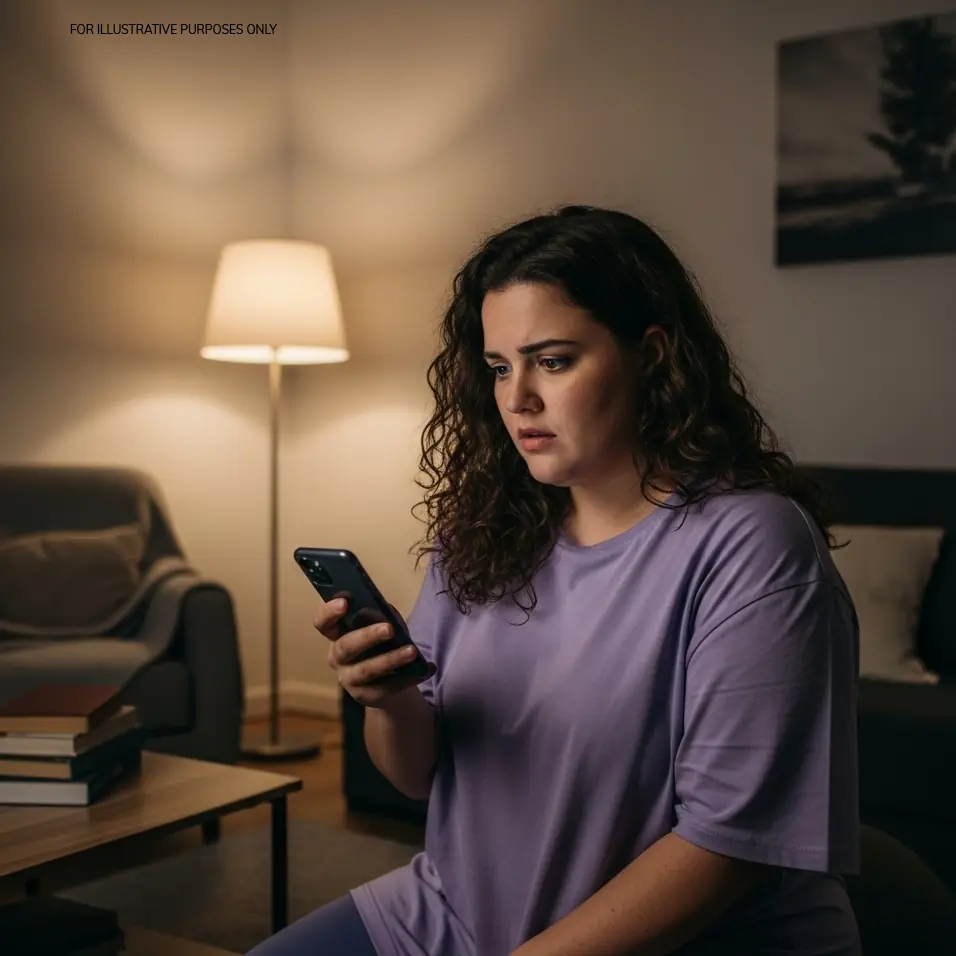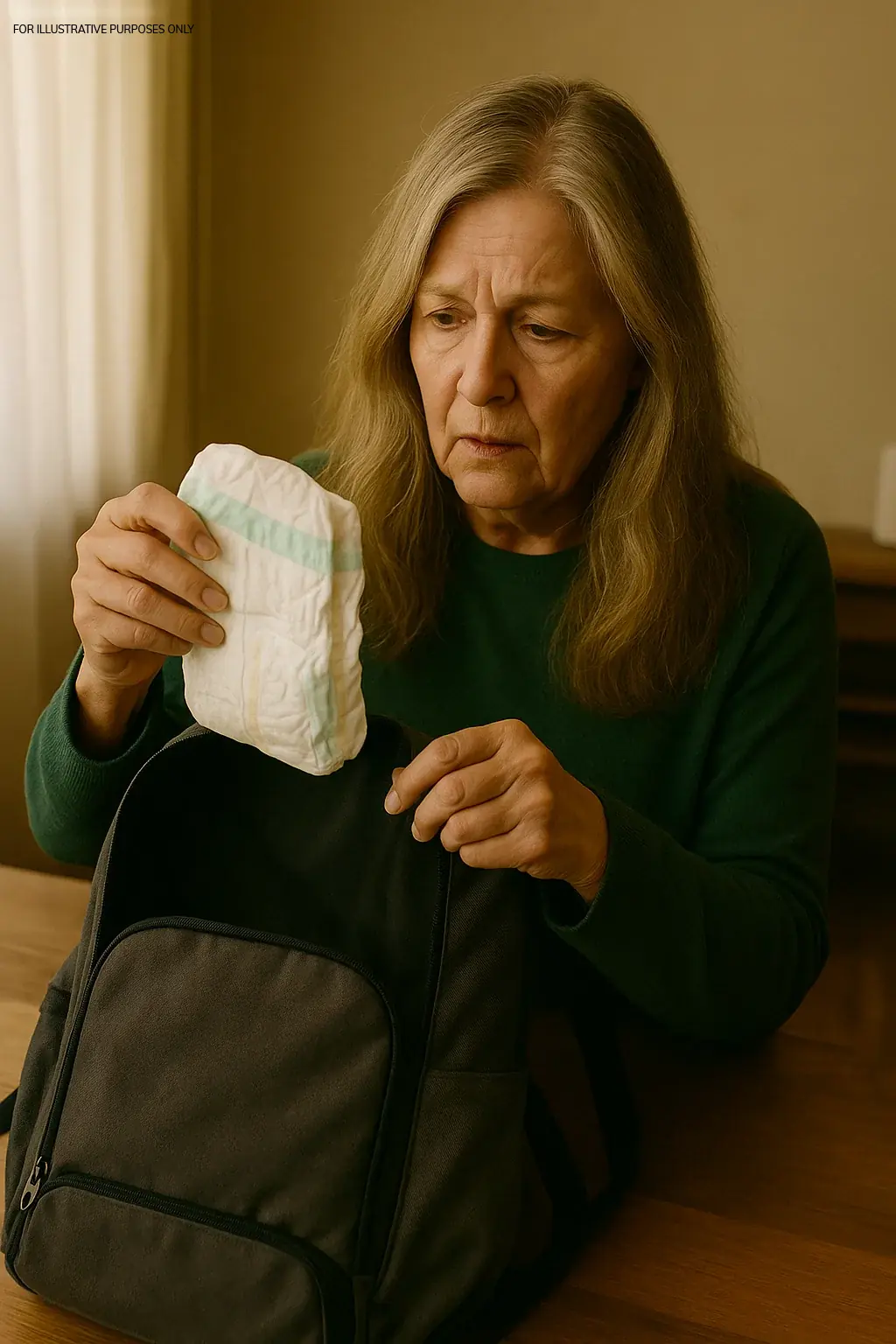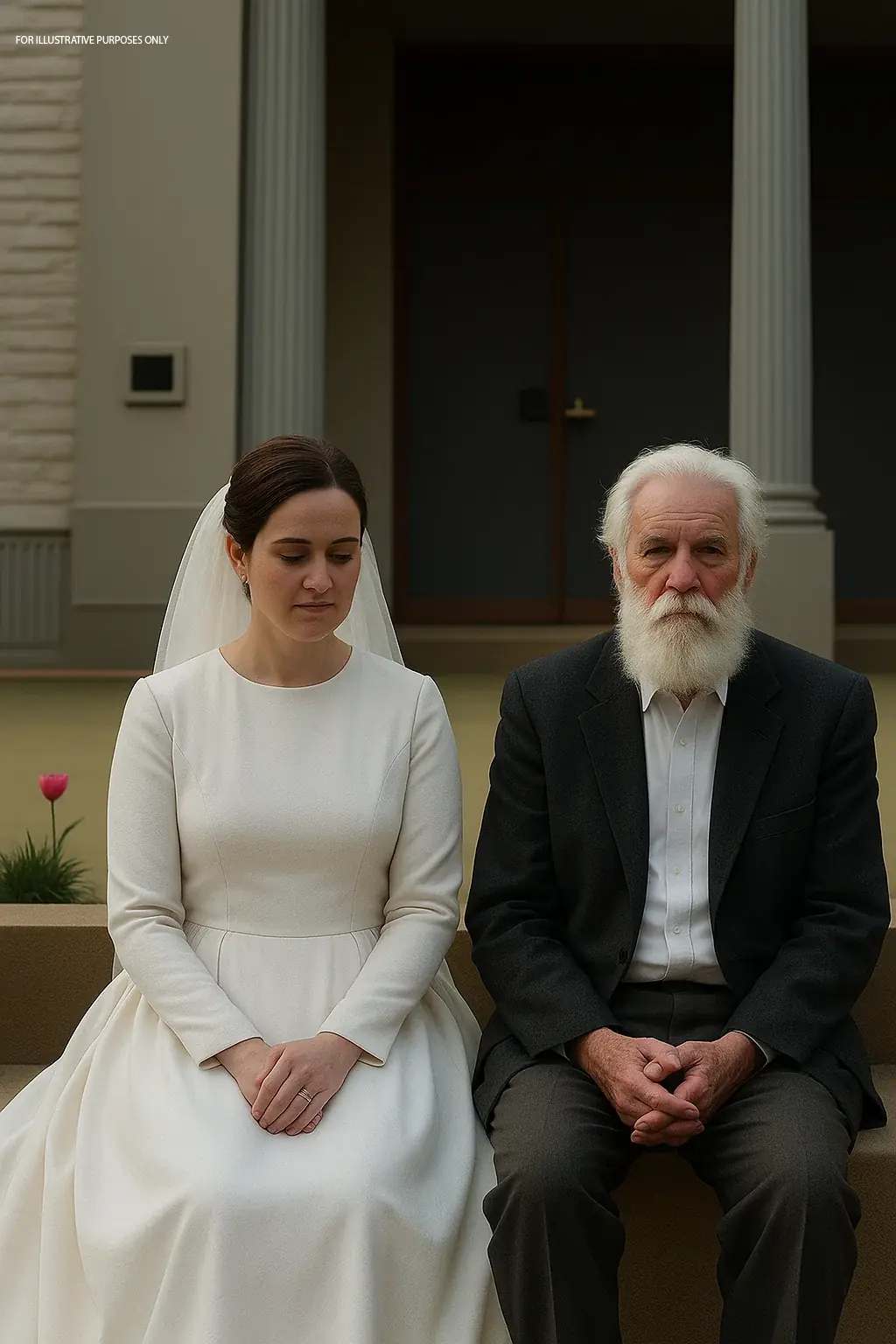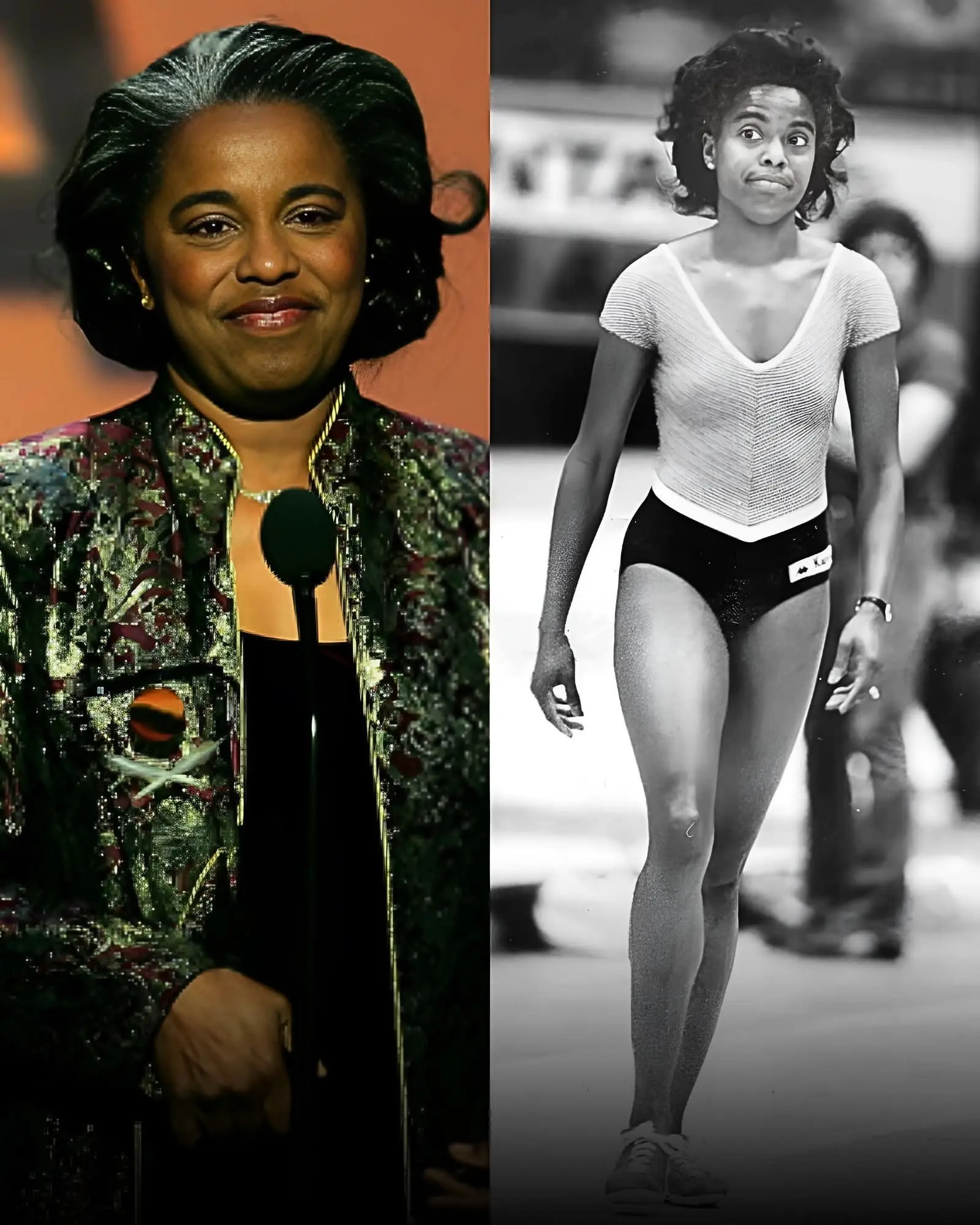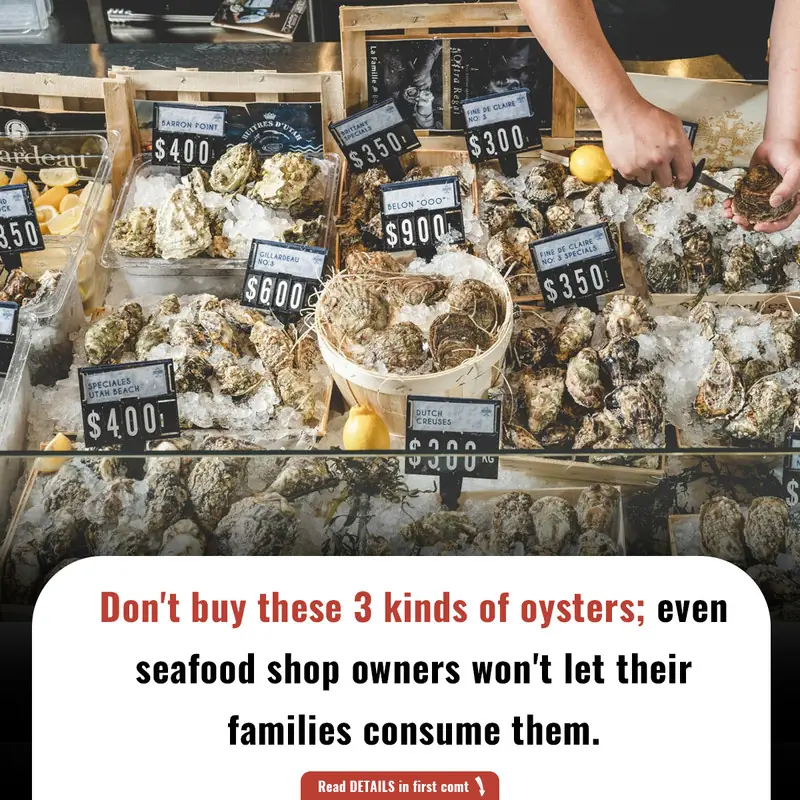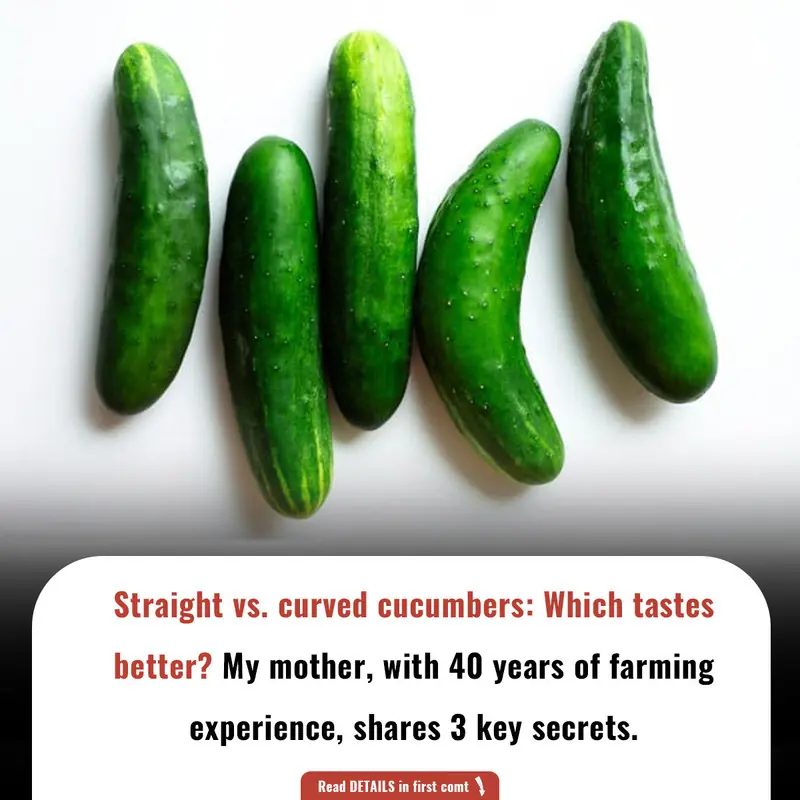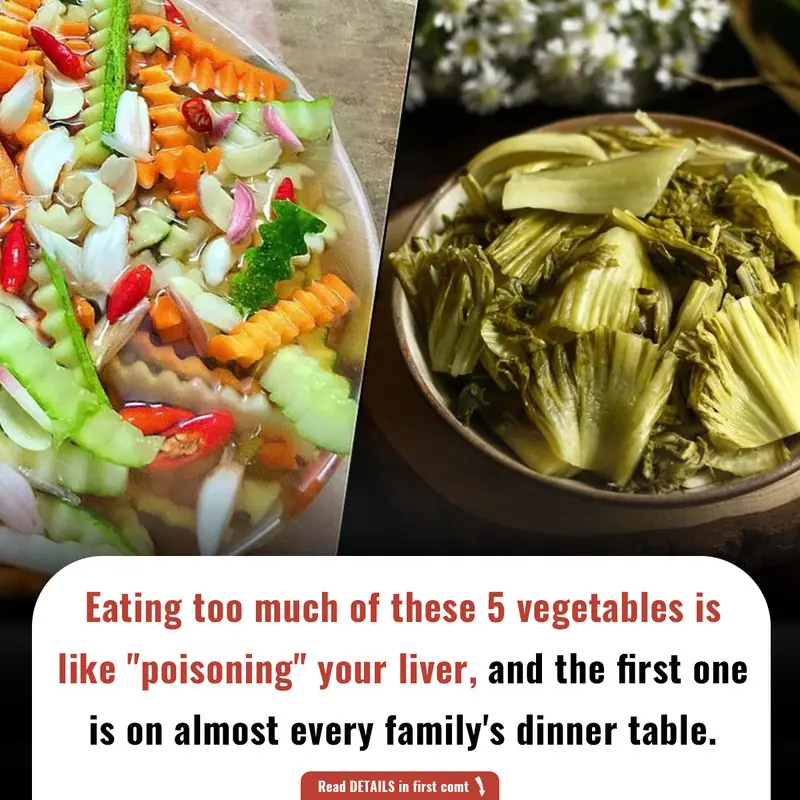A mother struggles with guilt and frustration after not inviting her neighbor’s autistic son to her toddler’s birthday party. The situation unfolds into a difficult conversation about sensitivities, boundaries, and the pressures of social expectations
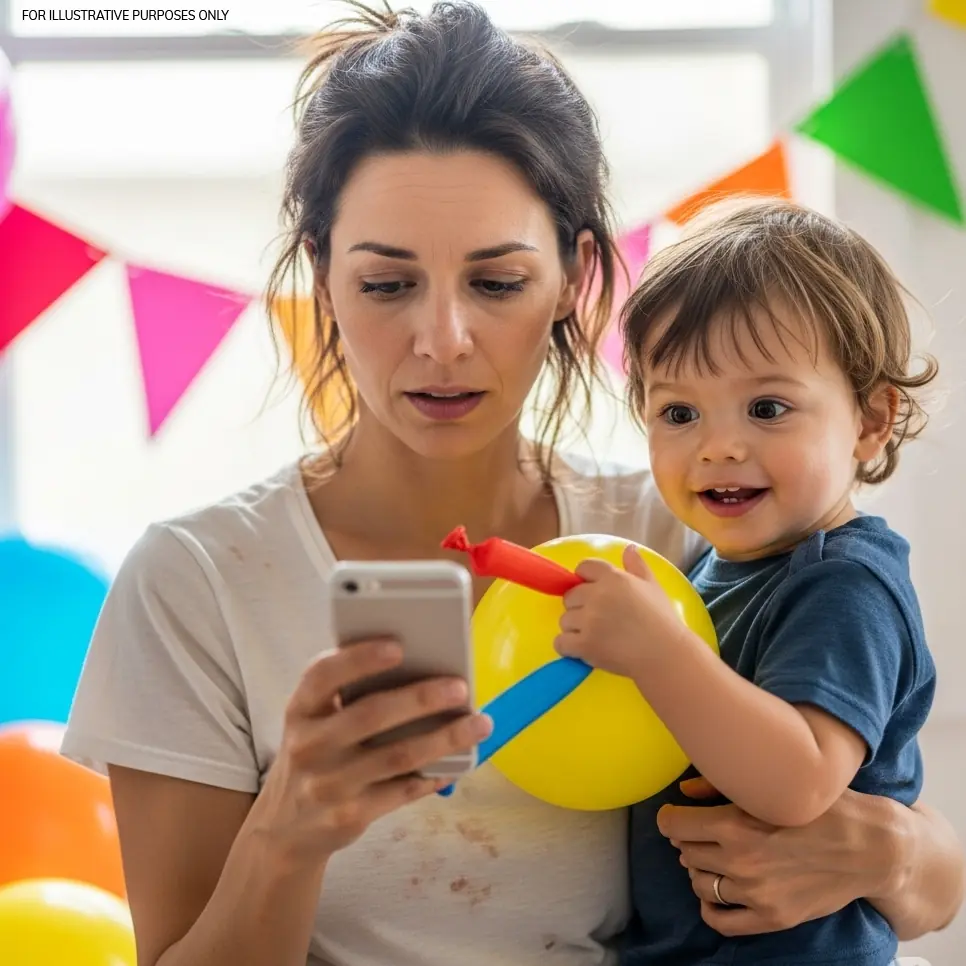
It was supposed to be a simple affair—a small gathering of close friends, a few toddlers, a couple of balloons, and a cake. Just the usual second birthday party for my son, Theo. But what seemed like a simple celebration soon turned into something much more complicated when my neighbor, Sarah, messaged me after the party.
“Honestly, the cherry on the cake after all the crap going on in my life is that you didn’t invite my son to your son’s birthday,” she wrote. The words hit me like a punch to the stomach. I stared at my phone, rereading the message over and over, unsure if I had done the right thing.
It wasn’t like I didn’t care about her son, Jason. I really did. I understood that life with a child on the autism spectrum wasn’t easy, and I tried to be supportive whenever I could. But when it came to Theo’s party, I had made a decision I thought was in the best interest of everyone involved.
The party had been a small, intimate gathering with just five toddlers from Theo’s playgroup. The living room was small, just enough space for the kids to run around, play, and fight over toys—normal toddler behavior. I knew that Jason, who was 8, was non-verbal and often overwhelmed by loud noises. He had his own set of unique challenges, and I worried about how he would handle the chaos of a toddler party.
Jason was sensitive to noise and had a tendency to hit himself when overstimulated. I remembered the times when he had become upset at gatherings, and I thought back to the last time he had visited our house. His discomfort with Theo’s toys, and the fact that he had prevented my son from playing with his own toys, had left me feeling uncertain. I didn’t want the party to be a stressful experience for Jason.
And then there was the matter of the cake. Jason had to blow out candles—even if it wasn’t his birthday. I knew this could easily become a focus point of contention. The last thing I wanted was for Theo’s special moment to be overshadowed by a tantrum or a fight over candles.
So, I made the decision not to invite Jason. The other parents had all agreed to enforce sharing during the party, and I knew that the mix of toddlers fighting over toys, the noise, and the excitement could overwhelm Jason. It seemed like the responsible thing to do, even though I couldn’t shake the feeling that I was making the wrong call.
After receiving Sarah’s message, guilt immediately washed over me. My mind started to race. Did I make the right choice? Was I wrong for considering Jason’s needs over the dynamics of my toddler’s birthday celebration? I couldn’t stop replaying the party in my head, thinking about every moment, wondering if I had been too quick to exclude him.
The next day, I decided to confront the situation head-on. I called Sarah to explain myself.
“Hey, Sarah,” I started, my voice unsure. “I wanted to talk to you about Theo’s birthday party. I know you’re upset, and I get it, but I didn’t think it would be the best environment for Jason.”
There was a pause on the other end of the line. “I just don’t understand, honestly,” Sarah replied. “Theo’s birthday party should have been a place for all the kids in the neighborhood to be together. You know how much he loves Theo, and I thought we were friends. Why wasn’t Jason invited?”
I sighed. “I care about Jason a lot, and I know how hard it can be for him to handle situations like that. It’s a toddler party with a lot of noise, fighting over toys, and there’s the whole issue of the candles. I was just trying to think of what would be best for him.”
Sarah’s voice softened slightly. “I understand that, but you’ve seen him at our house. He’s not that bad. Maybe if you had just given him a chance, things would have been different.”
I shook my head even though she couldn’t see it. “I didn’t want to risk making the party more stressful for him, Sarah. I didn’t want him to be overwhelmed or upset. And honestly, I didn’t want my son’s birthday to be overshadowed by that either. It’s hard enough managing the other kids, and I didn’t want to make things harder.”
There was silence again. “I see what you mean,” Sarah said slowly. “But I still think you should have invited him. I get it. I really do. But as a parent, it’s hard when you feel like you’re being judged or excluded for things out of your control.”
“I’m sorry,” I said, my voice breaking. “I never meant to make you feel like that. I just wanted the day to go smoothly.”
After our conversation, I felt conflicted. On one hand, I knew I had tried to consider Jason’s needs, but on the other hand, I had hurt Sarah by not inviting him. I hated that I had created a divide in our friendship. It felt like an impossible situation, and I wasn’t sure how to fix it.
Later that evening, my husband came home from work and could immediately tell something was off. “What’s wrong?” he asked, setting down his bag.
“I just… I don’t know,” I sighed, sitting down on the couch. “I feel terrible. I didn’t invite Jason to the party. I thought it was the right decision at the time, but now I feel like I’ve messed up.”
My husband frowned. “Didn’t you explain your reasoning to Sarah?”
“I did, but I don’t think it helped. She’s still upset, and now I feel like I’ve hurt her.”
He sat down beside me and placed a hand on my shoulder. “You did what you thought was best for both kids. You’re not wrong for that. Sometimes, you have to make tough choices.”
“I know,” I said, feeling a sense of relief. “But I can’t shake this guilt. I just wanted everything to go well, you know?”
Over the next few days, I continued to reflect on the situation. Sarah hadn’t texted or called me again, and the silence felt uncomfortable. I knew I had to fix things, but how? Was there a way to mend our friendship?
That weekend, I decided to make an effort. I baked a batch of cookies and took them over to Sarah’s house with a heartfelt note, apologizing again and offering to make things right. When I rang the doorbell, she answered with a tired smile but still looked guarded.
“I just wanted to drop these off,” I said, handing her the box of cookies. “I’m really sorry if I hurt you. That was never my intention. I hope we can move past this.”
Sarah took the cookies and smiled a little more genuinely this time. “Thank you. I appreciate the gesture.”
“I understand if you’re upset,” I said. “But I really do care about you and Jason. And I want to be a good friend.”
She nodded slowly. “I know you do. I guess I just need a little time to process it. It wasn’t just about the party. It was about feeling like I was being judged as a parent, you know?”
“I get it,” I said, my voice softening. “I’m sorry. I should have been more understanding.”
We stood there for a moment, neither of us knowing exactly what to say next.
Finally, Sarah broke the silence. “Maybe we can all get together soon. I’ll let you know when Jason’s in the mood for a playdate, okay?”
“I’d love that,” I said, feeling a weight lift off my chest.
A few weeks later, Sarah texted me to invite Theo and me over for a small playdate with Jason. It wasn’t the grand gesture of friendship I had hoped for, but it was a step in the right direction. We spent a few hours talking, laughing, and watching the kids play together. Slowly but surely, our friendship started to heal.
Looking back, I realized that while I hadn’t made the perfect decision, I had learned the importance of communication, empathy, and acknowledging the complexities of parenting. It wasn’t just about the party—it was about understanding, growth, and finding ways to connect even when it felt like the hardest thing to do.
And as I watched Theo and Jason play, I knew that, in time, things would be okay.
